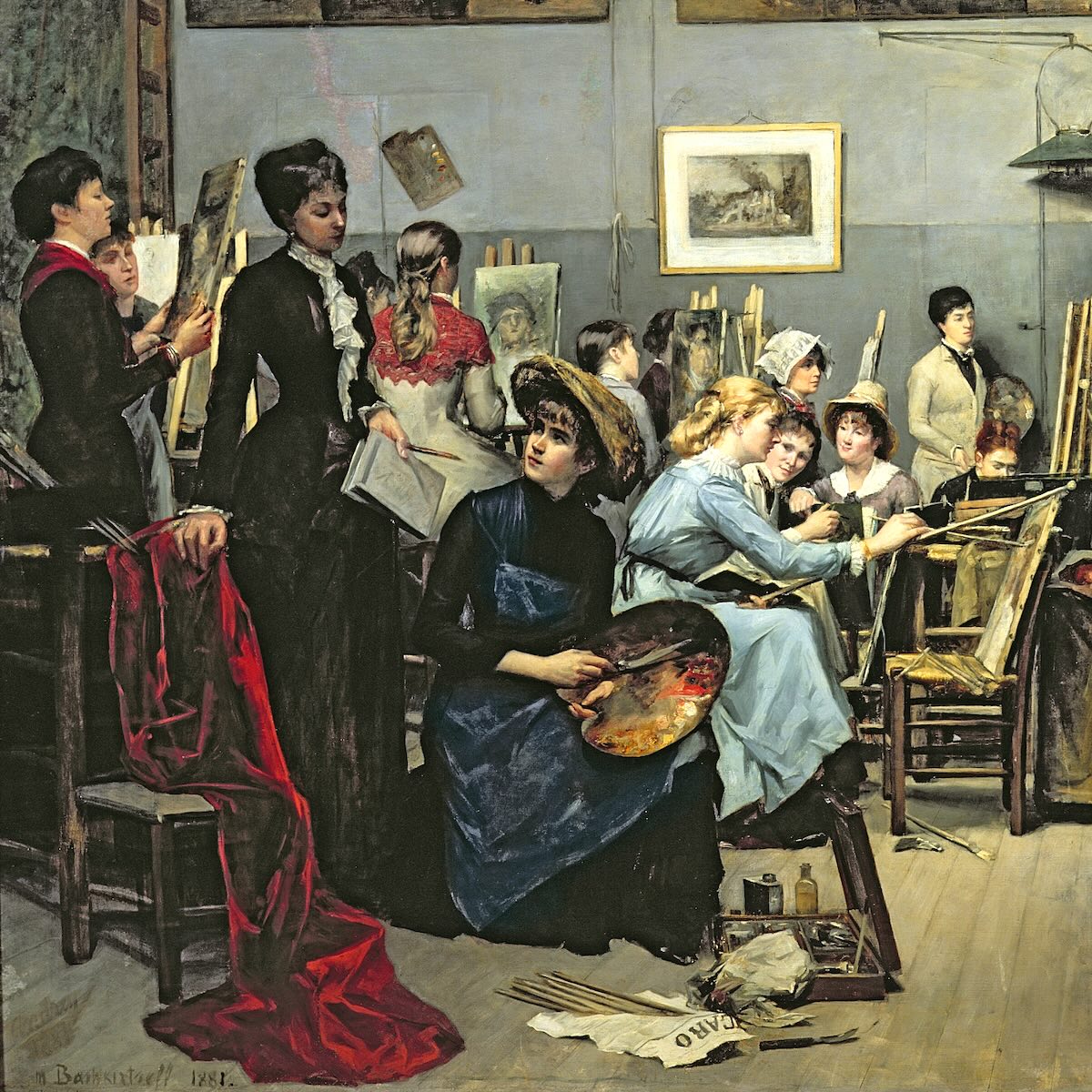
Herland
Charlotte Perkins Gilman
Year
1915
1505
1577
1660
1554
1781
1440
1608
1873
1846
1498
1744
1629
Description
"Herland" by Charlotte Perkins Gilman is a pioneering feminist work that imagines a secluded world inhabited solely by women who reproduce through parthenogenesis, living free from male influence. This novel, first published in 1915, unfolds through the eyes of three American men who discover this all-female society. As the story progresses, the contrasts between the men's views and the harmonious, cooperative world of Herland challenge the prevailing attitudes of their (and our) own societies. Gilman crafts a narrative that is both a social critique and a visionary exploration of what a society might achieve if it were structured around different values. The women of Herland live in an environmentally sustainable world, rich in mutual respect and communal living, which starkly contrasts with the competitive, patriarchal world of the explorers. Through this juxtaposition, Gilman addresses themes of gender equality, education, and the role of women in society, suggesting that the ills of society are a result of male dominance rather than human nature. "Herland" is more than a utopian novel; it is a radical investigation into how profoundly different a society could look with women at the center of its governance and culture. The book's insightful and witty exploration of these themes makes it a seminal text in both feminist literature and utopian fiction.
